Health & Medicine
-
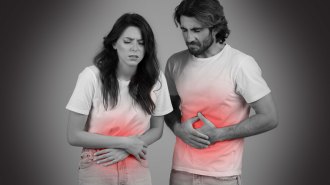 Neuroscience
NeurosciencePain may take different pathways in men and women
Sex differences in the function of nerve cells in mice, monkeys and humans suggest a new way to treat pain conditions.
By Claire Yuan -
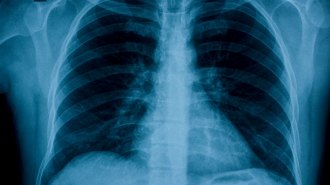 Health & Medicine
Health & MedicineAI could take medical imaging to the next level
Artificial intelligence in medical imaging is taking off. Experts share what they see as the promise — and potential pitfalls — of AI technology.
By Meghan Rosen -
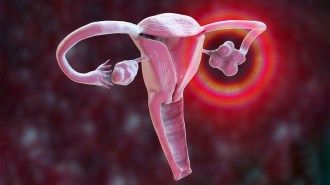 Health & Medicine
Health & MedicineA malaria drug could be used to treat PCOS, a common hormone disorder
Artemisinin is known to be effective against malaria, lupus, cancer and now possibly polycystic ovarian syndrome.
-
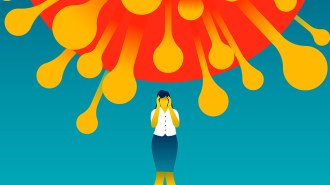 Health & Medicine
Health & MedicineLong COVID finally gets a universal definition
If broadly adopted, this inclusive description of long COVID will help legitimize the ongoing struggles millions of people are facing post-infection.
-
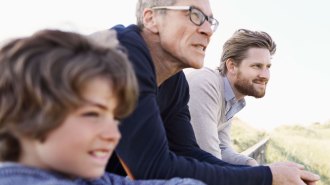 Health & Medicine
Health & MedicineGen X has higher cancer rates than their baby boomer parents
An unexplained uptick in cancer diagnoses among Gen Xers might be bad news for millennials and Gen Z.
-
 Health & Medicine
Health & MedicineCan humans get chronic wasting disease from deer?
Tests on brain organoids suggest the disease-causing prions face a tough barrier to infect people, but ruling out transmission is a difficult task.
-
 Health & Medicine
Health & MedicineWildfire smoke may cause tens of thousands of premature deaths
A modeling study of California wildfires from 2008 through 2018 estimates that smoke exposure was responsible for as many as 55,700 premature deaths.
-
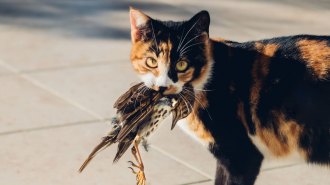 Health & Medicine
Health & MedicineBird flu can infect cats. What does that mean for their people?
Pet owners can take precautions to avoid H5N1, such as keeping cats indoors and making sure they don’t eat raw meat or milk.
-
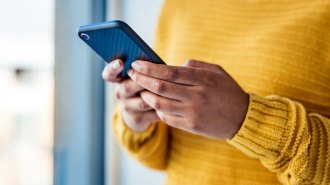 Health & Medicine
Health & MedicinePrivacy remains an issue with several women’s health apps
Inconsistent privacy policies and dodgy data collection in popular fertility and pregnancy tracking apps put women’s health information at risk.
By Payal Dhar -
 Health & Medicine
Health & MedicineMalnutrition’s effects on the body don’t end when food arrives
Children may struggle with inflammation, a weakened immune system and gut problems. New treatments may repair some damage.
-
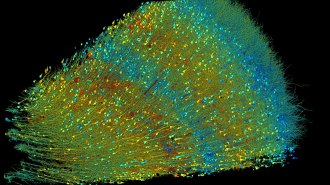 Neuroscience
NeuroscienceBiological puzzles abound in an up-close look at a human brain
Mirror-image nerve cells, tight bonds between neuron pairs and surprising axon swirls abound in a bit of gray matter smaller than a grain of rice.
-
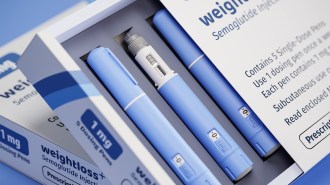 Health & Medicine
Health & MedicineYoung people’s use of diabetes and weight loss drugs is up 600 percent
Young people’s use of diabetes and weight loss drugs like Ozempic and Wegovy is surging, especially among females ages 18 to 25.
By Meghan Rosen